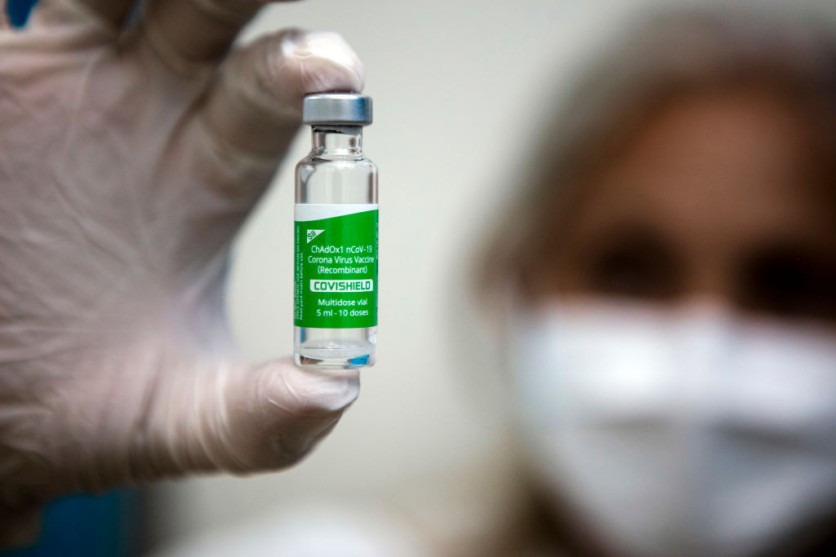The COVID-19 vaccine rollout may have seen its ups and downs, but some U.S. officials have declared that the sought-after return to normalcy is right around the corner.
Perhaps the most notable hurdle health officials have faced during the vaccine rollout was the rare but fatal side effect that caused blood clots, which was observed in AstraZeneca and Johnson & Johnson's vaccines.
People may have their own interpretation of what it would look like, but what do the experts say about the matter?
COVID-19 Vaccine Rollout: What It Means to Cross the Proverbial "Finish Line"
U.S. officials, including Pennsylvania Governor Tom Wolf and Oregon Governor Kate Brown, declared that their respective states are close to the "finish line."
However, experts said that no one knows what is going to happen after the world crosses the "mythical finish line."
According to CNN's report on Sunday, Apr. 25, the finish line many have been craving for will not be a sudden return to normalcy.
"Think about it more as a dial and not like an on-off switch, the way that we should have thought about reopening in the first place," said emergency physician and CNN medical analyst Dr. Leana Wen.
The Centers for Disease Control and Prevention (CDC) reported that about 41% of the US population received a single dose of the COVID-19 vaccine, and only about 28% received the full dose.
The health agency clarifies that they declare a person fully vaccinated two weeks after receiving the last required dose of vaccine. With these numbers in mind, people have to expect that going back to normal would be a personal time-frame rather than a societal one.
Dr. Megan Ranney, director of the Brown-Lifespan Center for Digital Health, said that an individual must first focus on their personal vaccination before releasing some of their own restrictions.
An individual can then focus on their attention to the vaccinations of the people around them, such as family and friends, before considering the community's vaccination.
"The more that your community is vaccinated, the more protected you are," Ranney said.
Passing on AstraZeneca COVID-19 Vaccine Poses Higher Risk
Dr. Menaka Pai, hematologist and thrombosis medicine physician at Hamilton Health Sciences and an associate professor of medicine at McMaster University, emphasized that the benefits of taking the COVID-19 outweigh the potential side-effects associated with the AstraZeneca vaccine.

She took to Twitter on Apr. 24 to explain that the event is rare and that hospitals are prepared to identify and treat the severe blood clot reported by individuals who took the COVID-19 vaccine.
So you read today’s NACI advice - AZ ok if you’re 30+! Unless you can wait for mRNA 💉! And then you read the MANY hot takes from experts, non-experts, and para-experts. And you are SCARED. Let’s work through it. (The required reading is below). 1/n https://t.co/glxRy1O2V5
— Menaka Pai, MSc MD FRCPC (@MPaiMD) April 23, 2021
"Risks don't matter unless you weigh them. Put the 1/50-100K risk of taking AZ on one side of the scale. What's going on the other side?" she challenged. "The risk of not taking AZ. Are you scared of dying of COVID? Being hospitalized?"
Pai's sentiment seems to be shared by GenXers from Canada, who reportedly rushed to vaccination sites after receiving word that they are eligible for the AstraZeneca vaccine.
This article is owned by Tech Times
Written by Leigh Mercer
![Apple Watch Series 10 [GPS 42mm]](https://d.techtimes.com/en/full/453899/apple-watch-series-10-gps-42mm.jpg?w=184&h=103&f=9fb3c2ea2db928c663d1d2eadbcb3e52)



